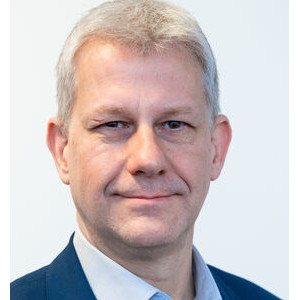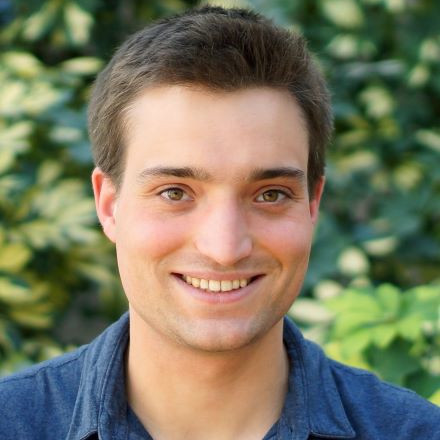Schedule
All time specifications are Central European Time (UTC+1).
📘Final Workshop ProceedingsThursday, 16th of February
Registration & Welcome
We start at 09:30 with the workshop!Registration time is for checking the setup and turning up.
Paper Session I - BPMN
Model Reader Preferences for Semantically Duplicate Elements in BPMN Daniel Lübke and Volker Stiehl Enhancing BPMN 2.0 with IoT Modeling Aspects: How Much Language is Enough? Yusuf Kirikkayis, Florian Gallik and Manfred Reichert Validation of Algorithmic BPMN Layout Classification Elias Baalmann and Daniel Lübke Session chair: Sebastian BöhmLunch Break
Paper Session II - Process Models
Execution Semantics of Process Models with Data Maximilian König Discovering Process Models of Different Granularity from Legacy Software Systems Marius Breitmayer, Lisa Arnold, Stephan La Rocca and Manfred Reichert Session chair: Daniel LübkeCoffee Break
Keynote - APIs as Service Activators: Tackling the Hard Parts of Integration Design

Prof. Dr. Olaf Zimmermann
University of Applied Sciences of Eastern Switzerland, Rapperswil
API stands for application programming interface, but might as well mean access to services via protocol for integration. Message-based APIs and the services they expose must be carefully designed to achieve qualities such as composability, efficiency, and evolvability; project context and application domain challenges drive the architectural decisions required regarding communication, coordination and consistency.
This talk introduces a stepwise, incremental and iterative design practice that leverages proven principles and patterns to jumpstart greenfield API design and service engineering. For brownfield scenarios, it proposes an interface refactoring catalog to resolve design smells frequently occurring in practice. Common design tradeoffs in these scenarios are discussed in the form of reusable Architectural Decision Records (ADRs).
City Tour
Venue: Tourist info, Ernst-August-Platz 8, 30159 HannoverDinner at Brauhaus Ernst August (Hannover-Altstadt)
Schmiedestraße 13, 30159 Hannover-AltstadtFriday, 17th of February
Transactional vs. Non-Transactional Process Engines

Stephan Haarmann
Camunda GmbH, Germany
The era of monolithic information systems is long gone. Instead, many systems are distributed. Gone are central databases. Gone are central transaction managers. Services are now connected by middleware, such as an event streaming platform or a process orchestrator. Again, architects must decide whether to include a transaction mechanism with ACID properties or to go transactionless. Both have advantages and disadvantages that affect the system design.
This talk discusses how to move from monolithic process applications to distributed ones without a transaction manager. We discuss how this move affects the application design and the process models (business logic). Distributed applications have many advantages, i.e., polyglotism, horizontal scaling, and fault tolerance, but they need to deal with communication overhead, the absence of a central database, and the risk of potential inconsistencies.